Used Storage Containers
Storage containers are brilliant and useful for all sorts of purposes, from necessary storage to creative buildings. Look around your neighborhood, and you will see plenty of people taking advantage of versatile storage containers used on construction sites, school playgrounds, retail premises, and backyards. Sometimes it takes a keen eye to spot the storage container base of your neighbor's prized hobby room.
Container Purchase Request Form
Why Purchase Used Storage Containers?
Cost
The main attraction of a used shipping container compared with a shiny new one is the cost. A new shipping container retails from $2,000 to $10,000 depending on the size intended use. Once that shipping container has seen some use, the price drops by a staggering amount Shipping container cost- used- is a better value than buying new. Suddenly, A used shipping container for sale is a value proposition for cheap storage or a flexible metal box for conversion into a storage room.
The next big benefit of opting for used ship containers is the availability. It can take months to get hold of a new shipping container. Used containers prices depend on size, condition, and location. You can buy a shipping container from anywhere but getting it from where it is to where you are may make that used container sale price less of a bargain. Storage Container will deliver used cargo containers to your door in a fraction of the time! Our friendly staff can provide further information regarding delivery in our area.
Reusing a used shipping container is the green choice – you are reusing a manufactured product, reducing energy and material use.
Where Can I Get a Used Storage Container?
Shipping companies routinely sell their shipping containers once they are no longer in top condition for shipping, and you may see them advertising a used shipping container for sale. Storage container companies source their shipping containers in bulk, and if you only want one or two used Conex boxes, they may be your best supplier as well as a source of helpful advice. You can buy used shipping containers from Storage Container.com and take advantage of our modification services. We modify shipping containers for storage (with shelves and racking) and convert them into useful mobile offices and storage rooms. You can have any modifications made before delivery!
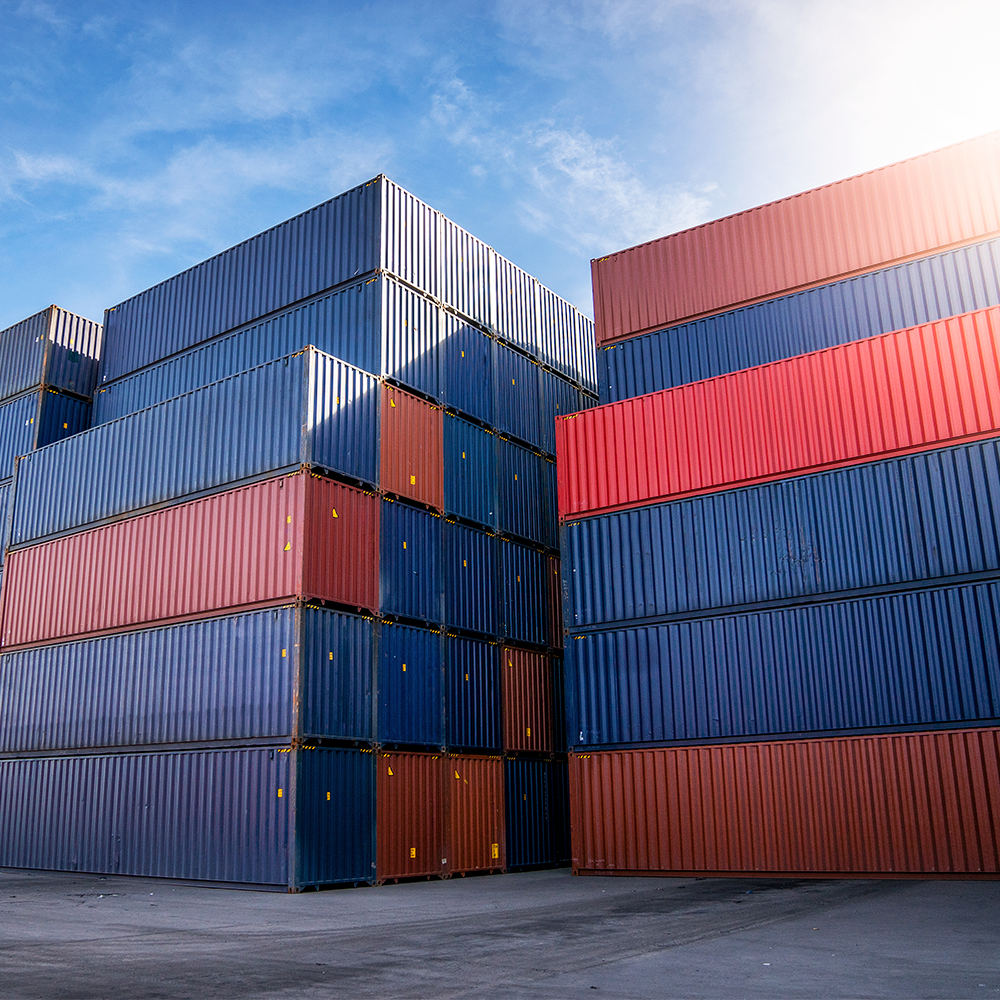
Why Are You Buying a Shipping Container?
There are plenty of reasons people buy cargo containers -used for extra storage or as the basis for creating an office or house. Your purpose will determine the quality of the shipping container you need. If you are building a new roof on top of your shipping container, you are not going to be bothered by holes in the ceiling. If you are setting up a food business and using the shipping container as a kitchen, then you want a high-quality food-grade shipping container and not one that has a lingering chemical smell.
What you want the shipping container for sets the quality of the container you need to buy.
What you want the shipping container for sets the quality of the container you need to buy.

How Long Do You Need It?
If you need to store some stuff for a couple of months, a used shipping container provides affordable storage, and you can sell it on when done. Or you can rent a shipping container for the short time you need it and save yourself some time and energy. Similarly, if you want some extra office space or a classroom for less than a year, renting may be a speedier and cheaper solution to your needs.
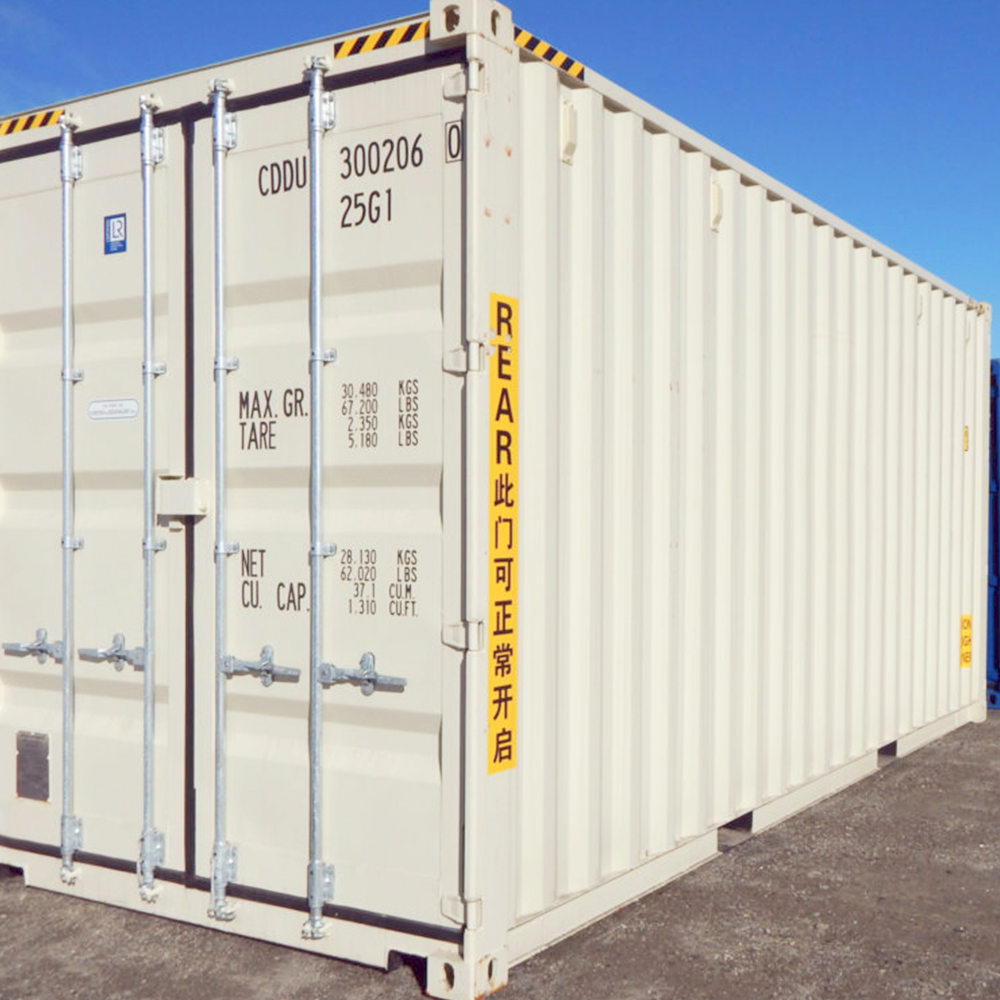
What Features?
The standard used storage container for sale is a uniform rectangular steel box with a door. When it comes to deciding your must-have features of a used shipping container, it's a pretty simple list use this list to help tailor to your precise needs:
· Structural integrity – no one wants a flat pack for a shipping container.
· Condition – how much rust and holes are you prepared to accept.
· Intact plywood floor – might not be a dealbreaker if it is missing.
· Age – younger is better.
· Previous use – cross-contamination may be an issue.
· Working door – hinges should work, and the door should fit.
· Painted – you might want the seller to give it a coat of paint.
· Delivery – is this included in the price or an extra charge.
· Warranty – three months to a year is useful to have.
· Structural integrity – no one wants a flat pack for a shipping container.
· Condition – how much rust and holes are you prepared to accept.
· Intact plywood floor – might not be a dealbreaker if it is missing.
· Age – younger is better.
· Previous use – cross-contamination may be an issue.
· Working door – hinges should work, and the door should fit.
· Painted – you might want the seller to give it a coat of paint.
· Delivery – is this included in the price or an extra charge.
· Warranty – three months to a year is useful to have.
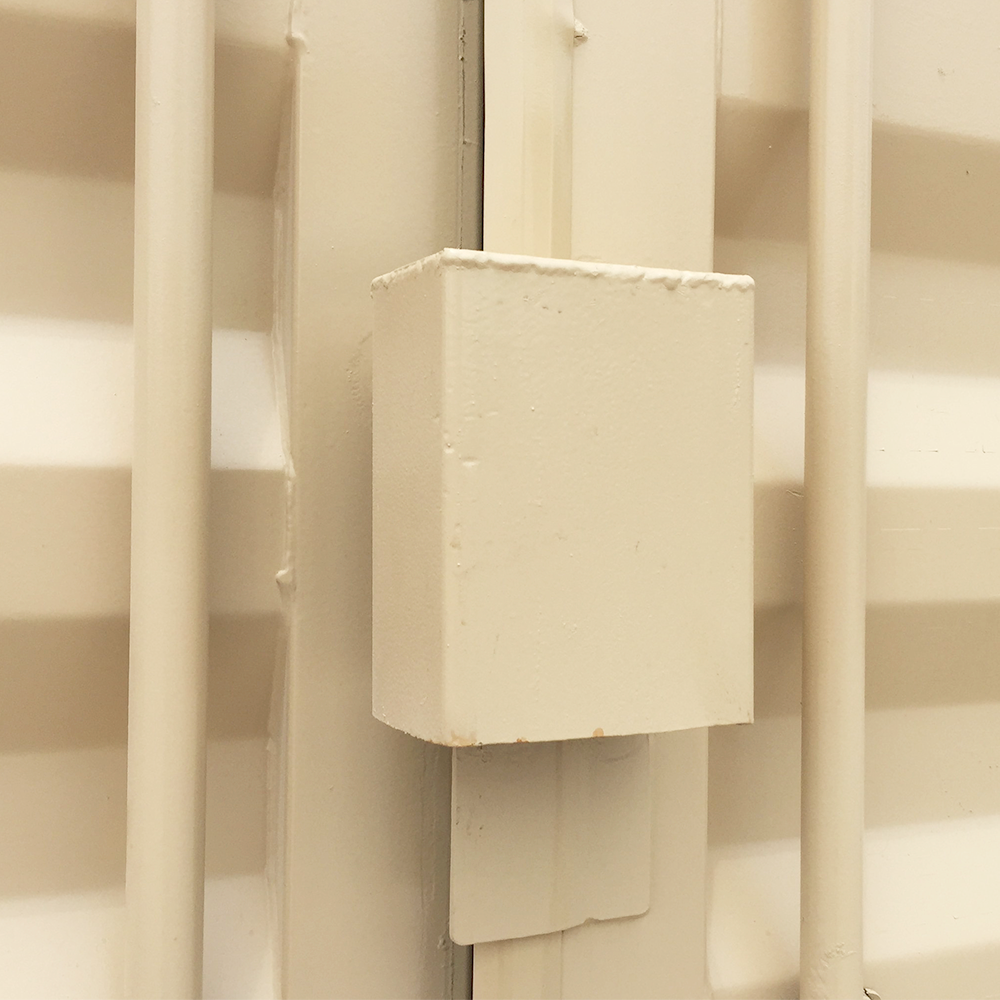
Security
If you are buying a used Conex box for storage, you want to be able to lock it. A padlock can be removed with bolt cutters, so most owners opt for a welded-on lock box to protect the lock. Optional extras for storage include lockable boxes stored inside the container to provide an extra layer of security. You choose the amount of security measures you need to take to protect your content.
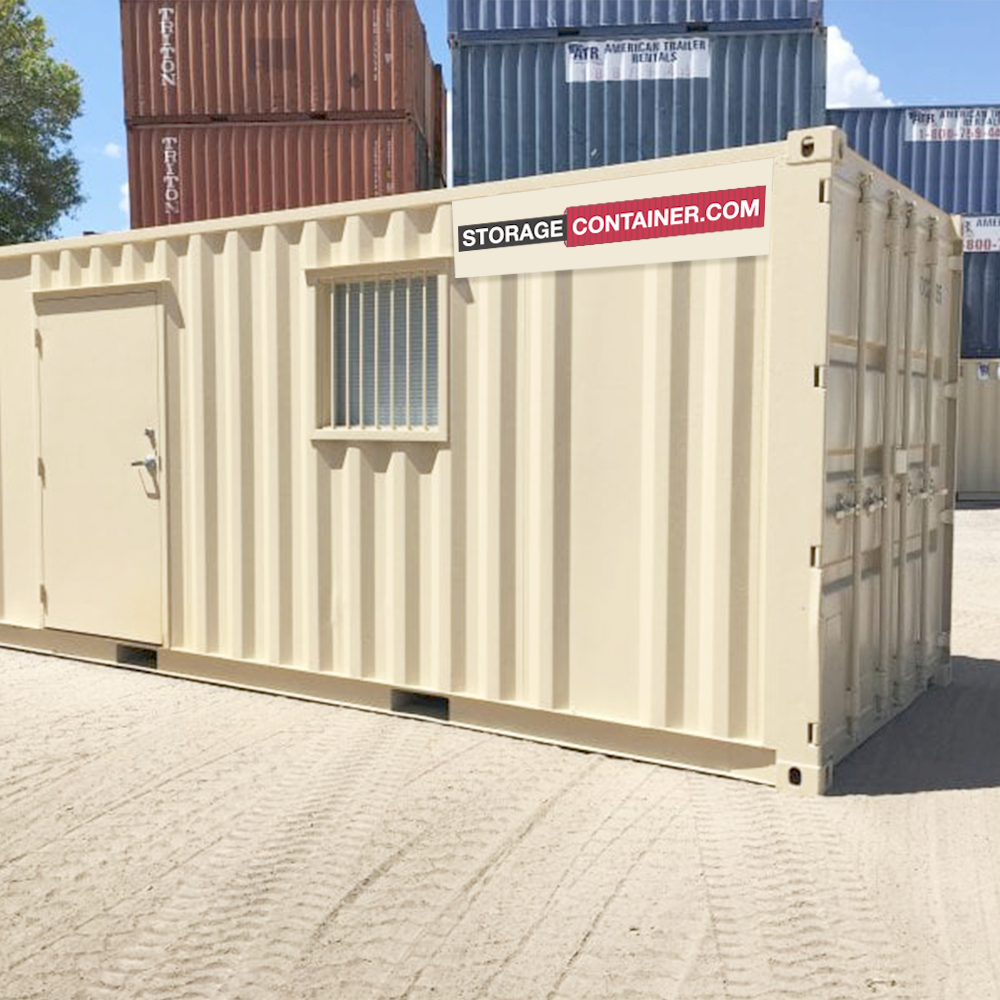
What About Planning Permission?
The need for planning permission depends on your state codes and the size of the shipping container. It also depends on where you are going to position it and if you are going to turn it into a functional room hooked up to water, sewage, and power. Once you start creating functional buildings, building regulations come into play. Talk to your planning office and find out if there are any rules, regulations, and codes you need to comply with as this may affect the size of the container you choose.
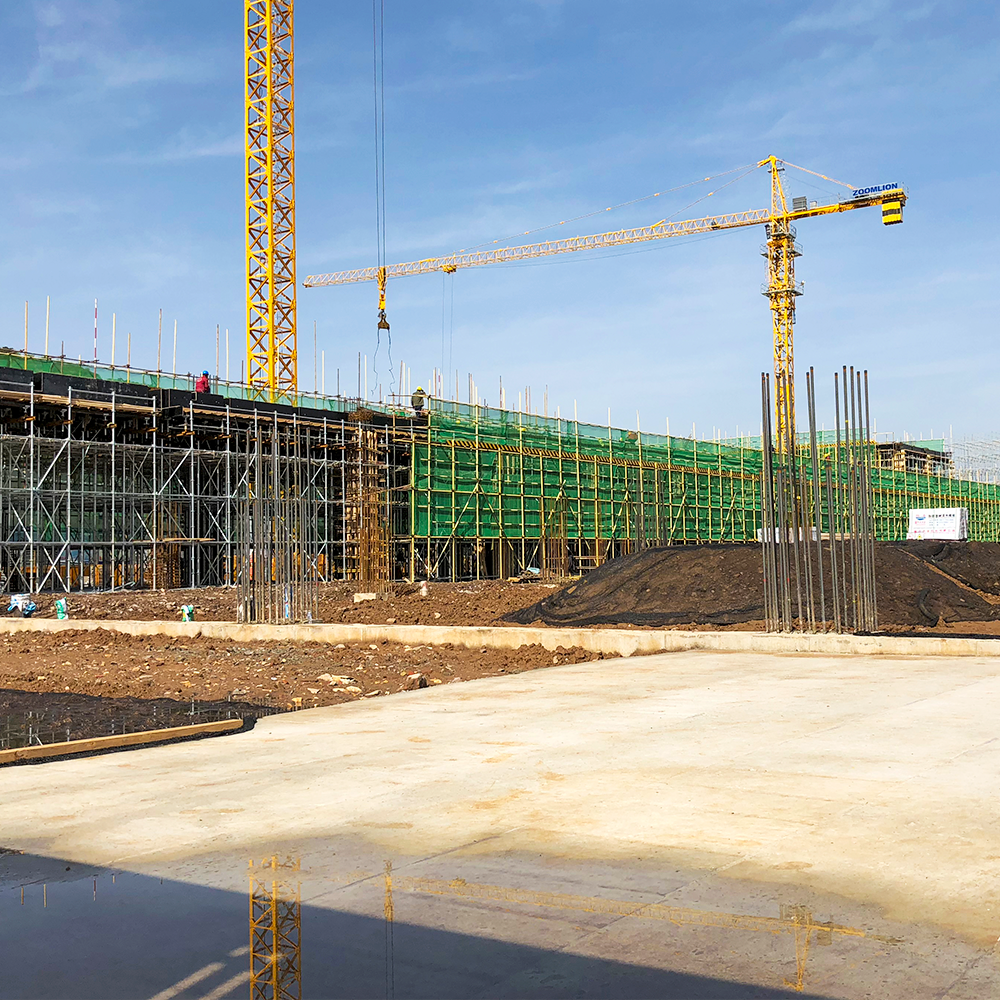
Site Preparation
A shipping container and the delivery truck are heavy. You need firm level ground and a hard surface like concrete, paving or tarmac is ideal. On soft ground, it makes sense to use hardwood beams to support the container or concrete pads. If you intend to turn the container into an office, then you need to follow state codes for building – these may insist that you build structural foundations.

